National Institute for Native Leadership in Higher Education
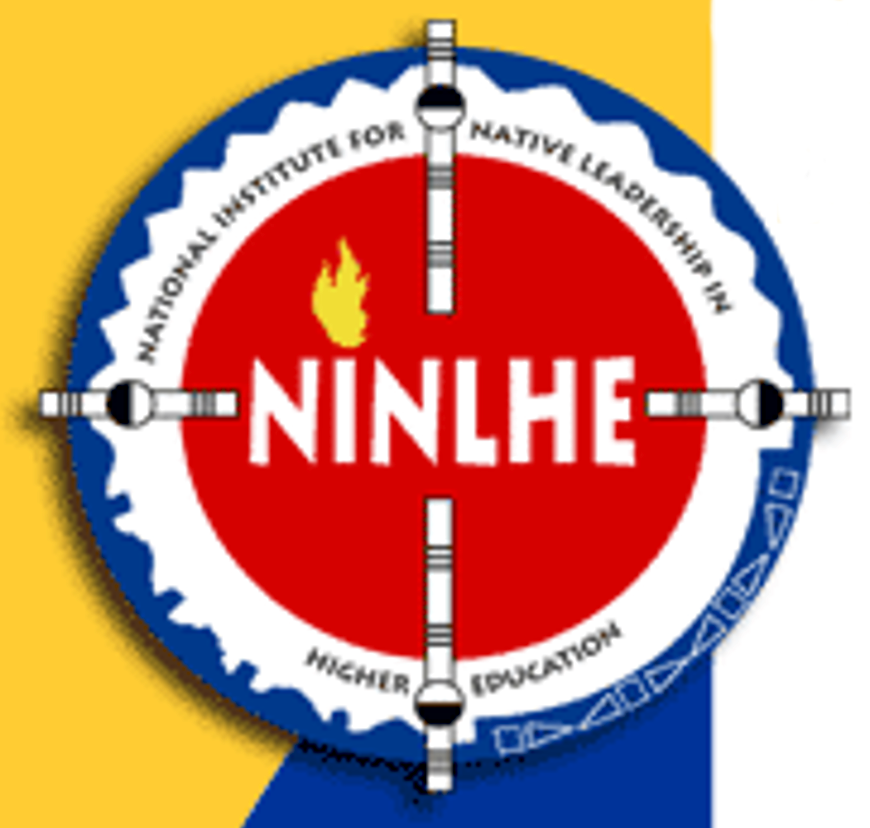
About NINLHE
Mission
The National Institute for Native Leadership in Higher Education (NINLHE) mission is to affect change in higher education in the United States and Canada in ways that improve the experiences and educational outcomes of American Indian, Alaska Native, Native Hawaiian, and Aboriginal students.
NINLHE works to enhance the professional development of Native and non-Native higher education professionals to improve Native student recruitment, retention and graduation rates. By strengthening the capacity of these individuals, who are essential for Native student success, and promoting culturally appropriate practices, NINLHE improves the educational training and experiences of Native students, as well as the professional environment for staff and faculty across the United States and Canada. As a peer among other professional associations, NINLHE will use our collective expertise and influence to provide leadership to the national higher education community.
More About NINLHE
Our Annual Institute provides culturally relevant and evidence based professional development in areas that enhance the knowledge of Native and non-Native administrators, faculty, and professional staff who work with Native student populations.
NINLHE’s Governing Council is comprised predominantly of Native higher education professionals from public and private colleges and universities.
Preamble
Our bylaws are an identity document. Who we are, what we stand for, and how we do things should be readily apparent to all who read them. Our bylaws govern our conduct and the conduct of those who will follow after us. They will need to be reminded, as we sometimes do, that the decisions we make on behalf of this organization reach beyond us to the next seven generations.
In founding this organization, we seek nothing less than to change institutions of higher learning into places where Native people can pursue their educational goals while keeping their cultural identities intact. We recognize that we cannot succeed by doing the same things in the same way and expecting different results. We call upon the wisdom of our ancestors and our elders to guide us along a new path. Our strength is in our difference and this difference has been the key to our survival. Our uniqueness is a gift we offer to others.
Our organization is a many-layered web. We each represent individual institutions. Yet, like the strands of a web, we are connected and our futures are similarly intertwined. What impacts one of us has consequences for all of us for the hurt of one is the hurt of all. And, the honor of one is the honor of all.
As the Governing Council of this organization, we affirm that leaders exist to serve the people. People are more important than things. People are more important than time. Every member of this organization has the right to speak in Council. Wisdom comes from many sources and good counsel is welcome no matter who offers it. Leaders do not wield power. They hold responsibility in a sacred trust with the people.
We value consensus in our decision-making, as did our ancestors. We communicate honestly and openly. Time does not dictate the pace at which we make decisions. We wait until a course of action becomes apparent to all. A good decision is one that helps some, if not all of the people, and hurts no one. If a decision is good only for others and not for us, but does us no harm, then we must let it come to pass. We do not compete with each other. It is not important to be “the first” or “the only,” but to ensure that there is enough for all.
We conduct ourselves and our relations with each other in a good way. We know those things that lead to our well-being. We observe moderation and balance in all things. And, we know those things that lead to our self-destruction. While in this circle, we abstain from alcohol and other drugs.
We pledge ourselves to this sacred responsibility.
Governing Council
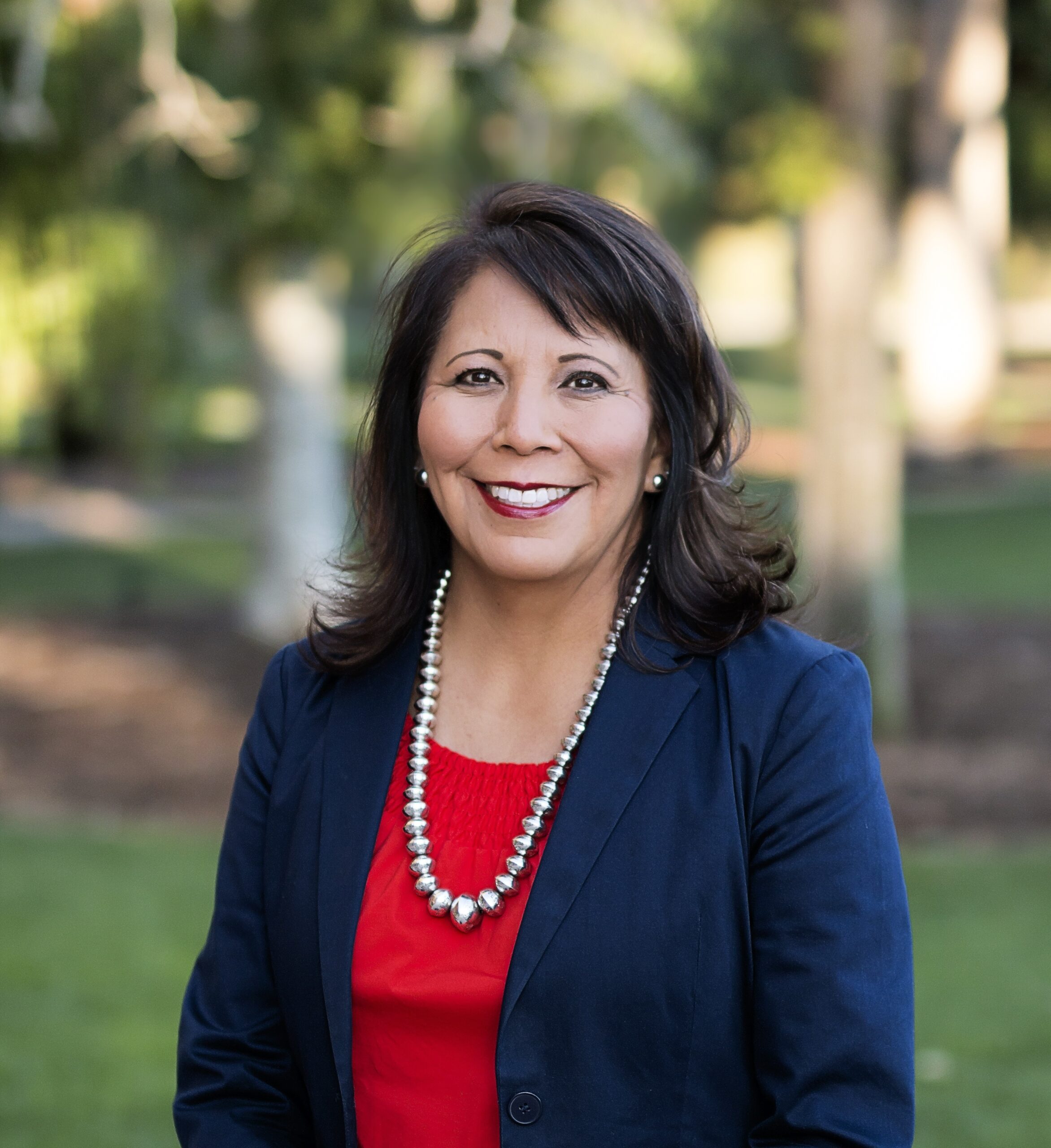
Karen Francis-Begay, Ph.D.
Diné
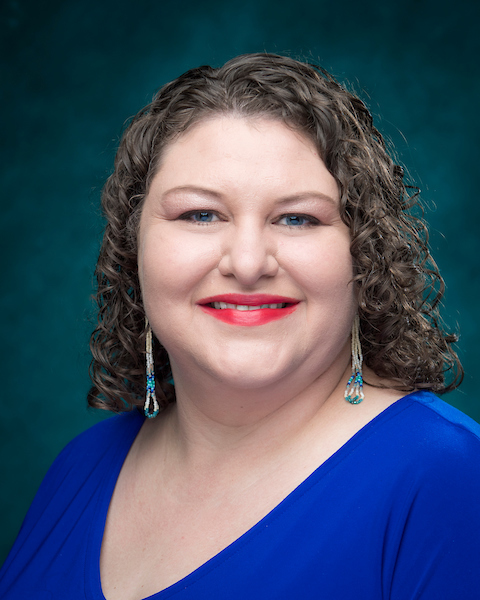
Symphony Oxendine
Cherokee/ Choctaw
Vice Chair
Associate Professor of Higher Education, Watson College of Education, University of North Carolina Wilmington
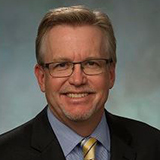
Timothy Ecklund Ph.D.
Treasurer
Consultant, MindArch, Genesis Projects Associates
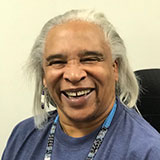
Geni Cowan Ph.D.
Choctaw
Secretary
Professor, Department of Graduate and Professional Studies in Education, California State university, Sacramento

Steven Abbott
Associate Director of Admissions & Coordinator of Native/Indigenous Outreach, Dartmouth College
Steven.H.Abbott
@Dartmouth.edu
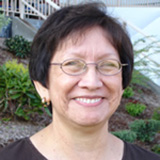
Augustine McCaffery Ed. D.
Comanche Nation of Oklahoma
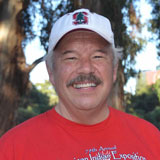
Greg Graves
Delaware Tribe of Western Oklahoma
Assistant Dean for Student Affairs and Associate Director, Dean for Community Engagement & Diversity, Stanford University
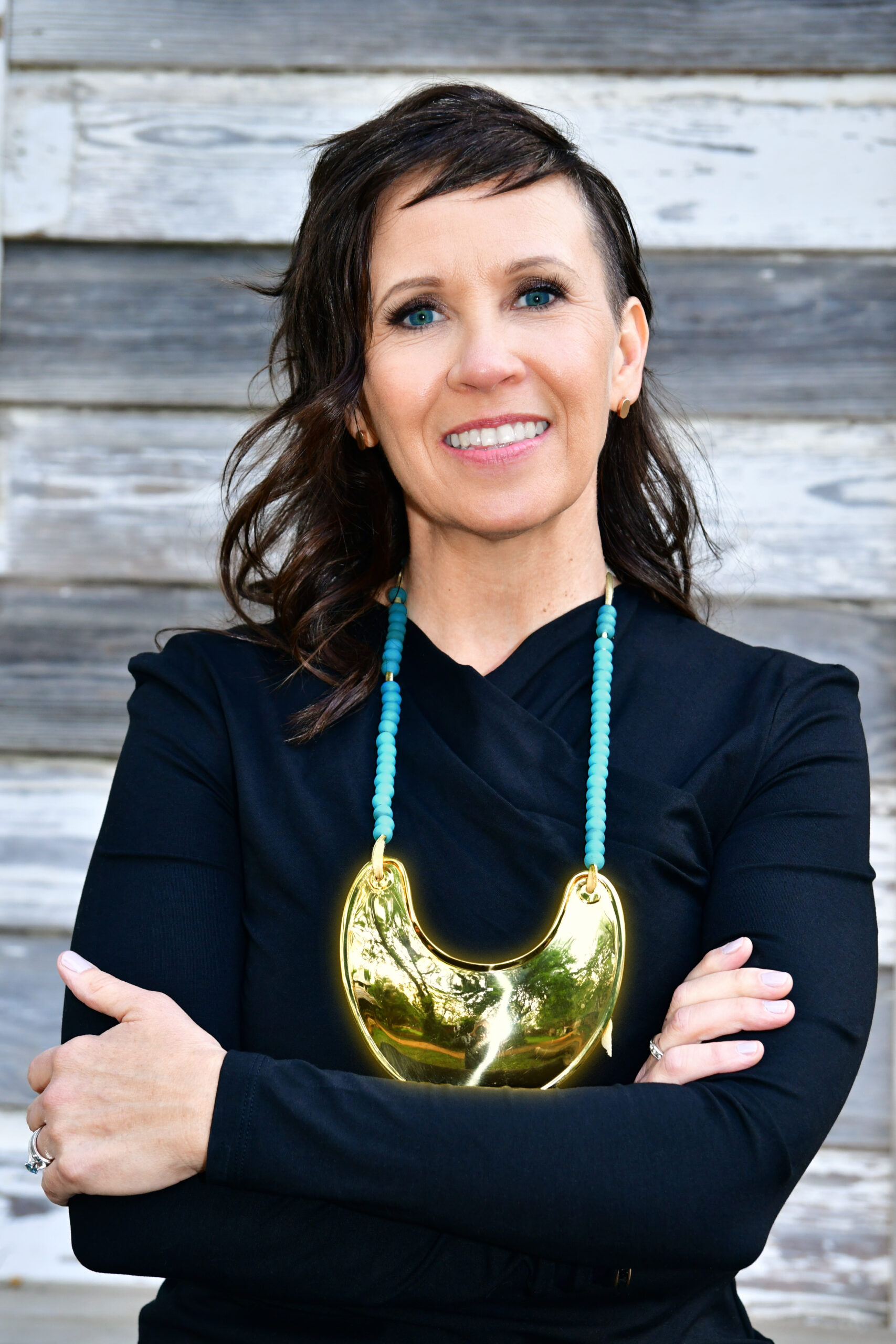
Nichole Prescott Ph.D.
Myaamia
Assistant Vice Chancellor for Academic Affairs, The University Texas System
History
NINLHE was founded in 1993 and established as a s a 501(c)(3) corporation by Dr. Colleen Larimore and Dr. Jim Larimore, the former directors of the Native American programs at Dartmouth College and Stanford University. With funding from the Intel Foundation, NINLHE began as a strategic, self-help coalition of a dozen directors from the most successful Native student retention programs in the country. Though the directors faced nearly identical challenges on respective home campuses, at that time, each worked in isolation from one another. They realized that by working together they could do much to help themselves, and by extension, all of the students. By coming together through an organization as NINLHE, it offered the opportunity to expand the impact to effect much needed change in Native education practice and policy at the institutional and national levels as well.
Philanthropic Support
NINLHE’s success as a national professional higher education organization since its inception has been achieved through the support of several philanthropic organizations. These include:
Past Sponsors
NINLHE partnered in the past with several sponsors that included:
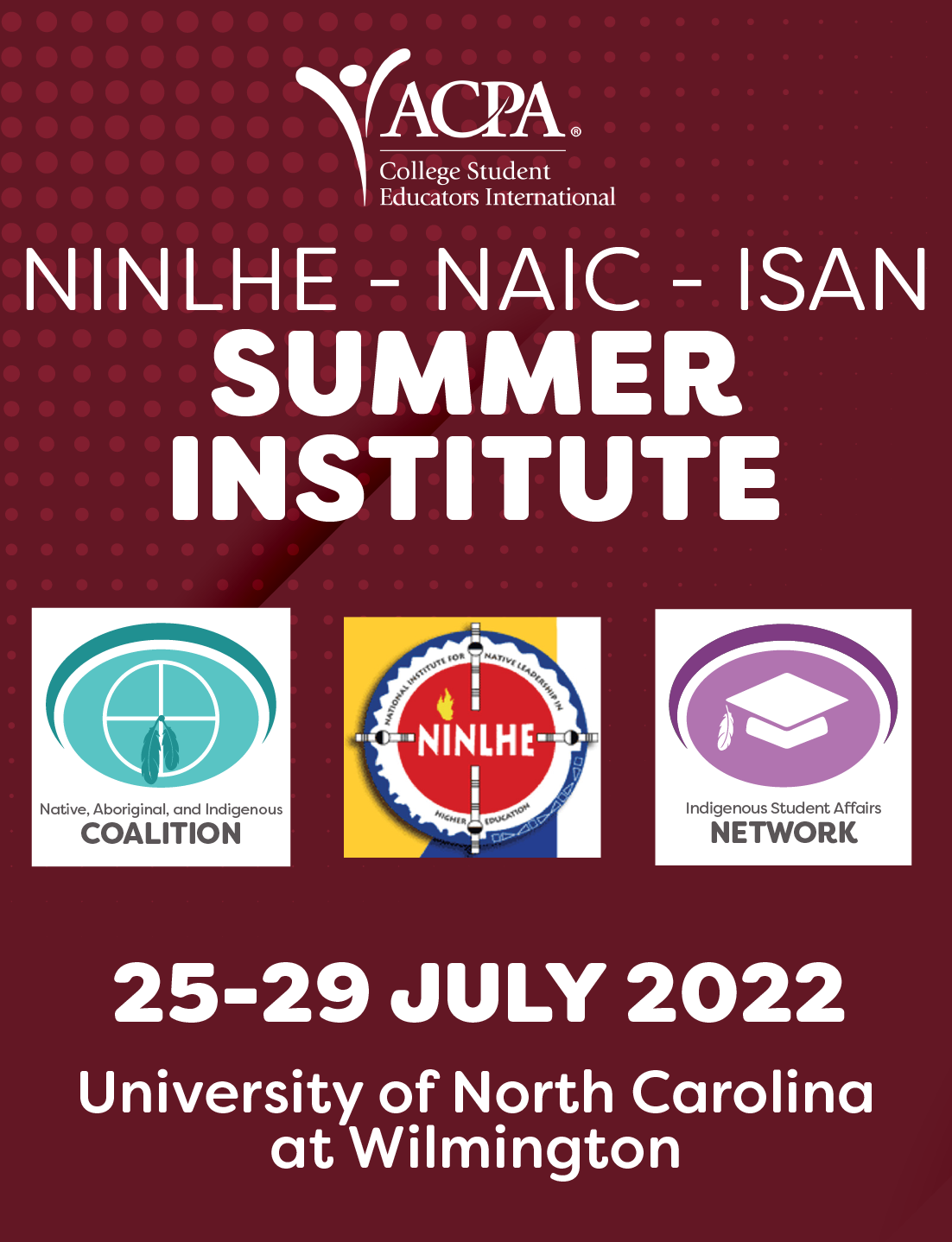
For more than 25 years, NINLHE has brought together higher education professionals dedicated to the success of Native American, Alaska Native, Native Hawaiian, First Nations and all Indigenous students from colleges, universities and organizations across North America and the Pacific. NINLHE is unique in the calendar of Indigenous education events. Intentionally designed as a “non-conference,” NINLHE is instead a shared experience that offers participants the rare opportunity to learn about and share best practices, network with colleagues from peer institutions and strategize for the continued improvement of higher education opportunities for Native Peoples. At the same time, participants share cultural and personal experiences that offer affirmation, colleagueship, personal renewal and development. NINLHE makes limited space available each year in order to ensure that the experience is as relevant and interactive as possible and we encourage all attendees to participate fully.
Most participants choose to stay on-campus during the Institute as well, saving monetary costs while adding a phenomenal element of personal connection and enjoyment. NINLHE seeks nothing less than to transform the landscape of higher education for Indigenous Peoples and has always been a special combination of both professional development and personal renewal.
